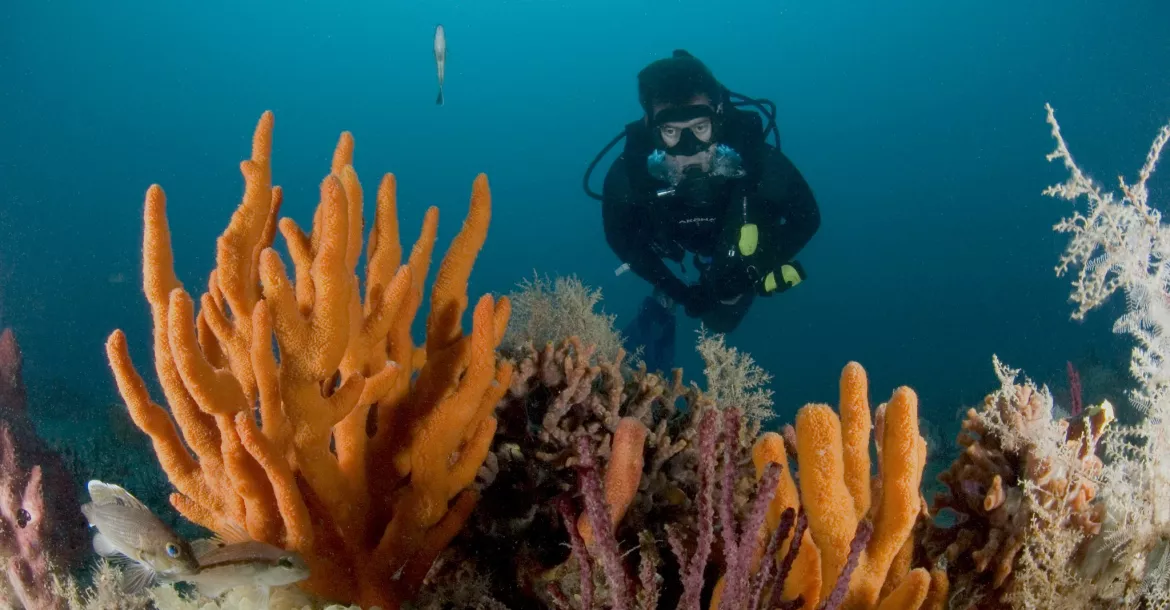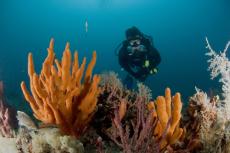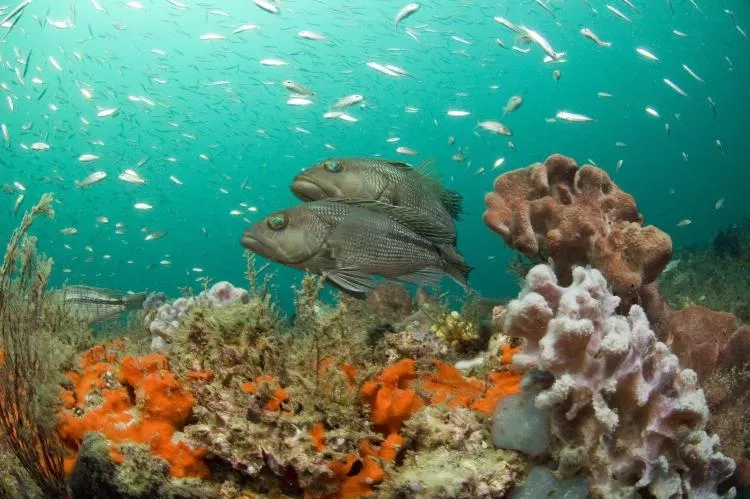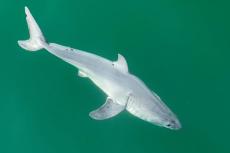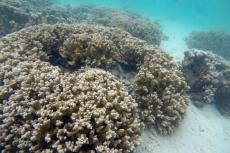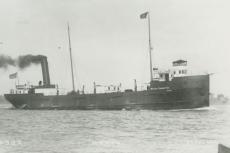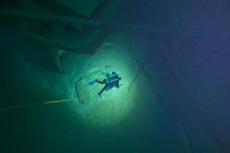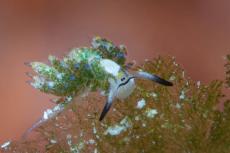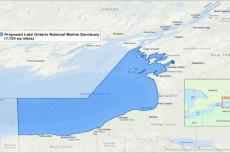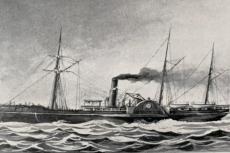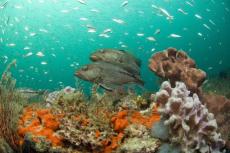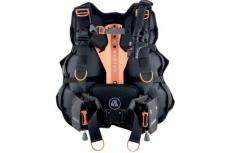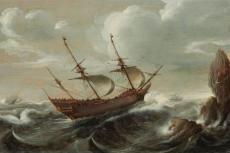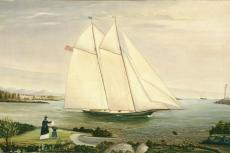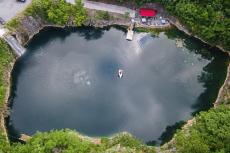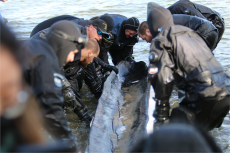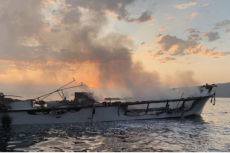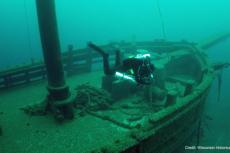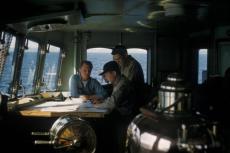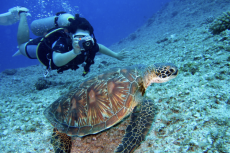National Marine Sanctuary system celebrates 50th anniversary
The National Marine Sanctuary Act was passed in 1972. Since then, the system has added 15 National Marine Sanctuaries and two National Marine Monuments.
Fifty years ago, the United States Congress, prompted by the Santa Barbara oil spill off the coast of California, three years earlier, passed the Marine Protection, Research and Sanctuaries Act which allowed for the creation of marine sanctuaries. Since October 1972, the National Marine Sanctuary System has grown into a nationwide network of 15 national marine sanctuaries and two marine national monuments that conserve more than 620,000 square miles of ocean and great lakes waters.
This landmark legislation protects all marine mammals in U.S. waters. The law protects these areas from human activities such as pollution, habitat destruction, over-harvesting and coastal development.
New sites
The National Marine Sanctuary system is considering adding two new sites: Hudson Canyon off the coast of New York and New Jersey and Chumash Heritage, an area right below the Monterey Bay National Marine Sanctuary. Hudson Canyon is the largest submarine canyon along the U.S. Atlantic coast and is one of the largest in the world.
The proposed Chumash Heritage National Marine Sanctuary is a grassroots effort led by the Northern Chumash Tribal Council in partnership with several local, state, and national organizations. It would stretch from the southern end of the Big Sur coast to the Channel Islands off Santa Barbara. It's the first tribal-nominated sanctuary and if finalized, it would extend protection from Point Arena in Mendocino County to Point Conception in Santa Barbara County.
Both have the backing of the Biden administration.
Fact file
National Marine Sanctuary System
The Office of National Marine Sanctuaries serves as the trustee for a network of underwater parks encompassing more than 620,000 square miles of marine and Great Lakes waters from Washington state to the Florida Keys, and from Lake Huron to American Samoa. The network includes a system of 15 national marine sanctuaries and Papahānaumokuākea and Rose Atoll marine national monuments.

